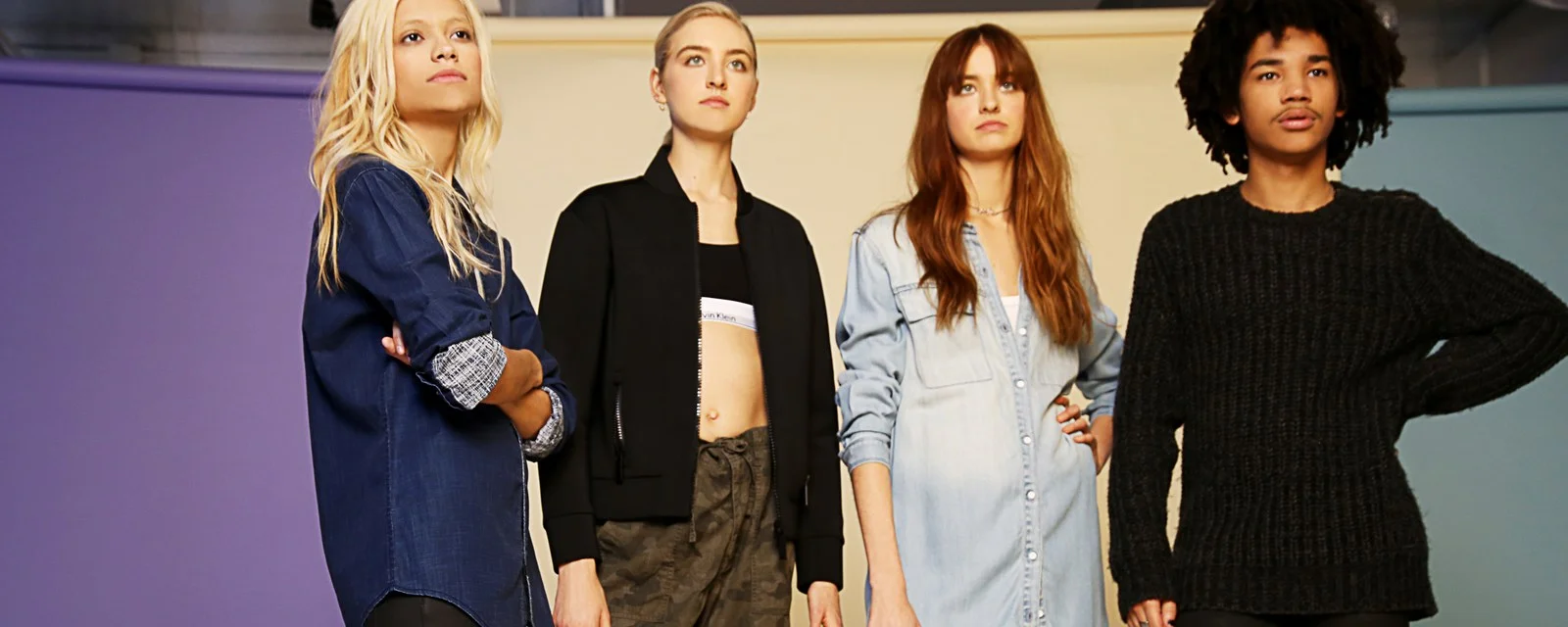Islamophobia Has Become So Bad That Some Muslim Girls Are Afraid to Wear Their Hijabs
No matter their religion or personal reasons, everyone deserves to feel comfortable to express themselves and dress how they wish. Unfortunately; bigotry, Islamophobia, sexism and a host of other biases keep many Muslim girls and young women from being able to be true to themselves. One writer explores the issue in an article from Teen Vogue last month: The struggle to fit in, how her identity is politicized in ways that others' identities and styles aren't, even outright hostility she and other Muslim women or girls face due to terrorist attacks that have nothing to do with them. Whether Muslim women shed their hijab or choose to embrace it, they deserve respect and understanding; just like everyone. That this even bears stating is disheartening.
It's time to focus on the women, not what they choose to wear.
Click through for the full article.
teenvogue.com - I remember when I started to feel uncomfortable with my body: I was 11 and suddenly became very aware that there was a “right” one and a “wrong” one. I wasn't sure where I fit in, and even though I was probably completely average or normal, I couldn't see that then through my preteen haze. This is common for many girls that age, but for me it was compounded because when I turned 12, I started to wear the hijab, and became even more uncomfortable in my own skin.
There were days that I was too anxious to leave home because the idea of people staring at me was too much to think about. I still have bad days, but for the most part my hijab is now intrinsic to my identity. For some Muslim women, however, the external impacts of wearing a veil become too much for their mental health. Amidst a growing climate of Islamophobia, many Muslim women who wear a headscarf are choosing to remove their veil. Even though many Muslim women, including myself, still wholeheartedly embrace and wear the hijab with joy and pride, others are voluntarily choosing to remove it due to external pressures. Debra Schubert, for example, who lives in Quebec, chose to stop wearing a hijab after feeling physically unsafe on multiple occasions. "One time when I was living in Montreal, a man followed me into my apartment and yelled at me that I was living in Canada and didn’t need to dress like this," says Debra. Her decision was as much for her mental health as it was out of fear that harm might come to her.
Read more here.
How Our Generation Is Approaching Gender in a Totally New Way
Women are used to fighting assumptions and gender stereotypes—but even the staunchest feminists in their 30s and older might be unfamiliar with some of the terms in the latest discussions about gender and sexuality. Millennials and teens today are eschewing labels and gender restrictions in ways and in numbers that haven't been seen before in the mainstream. They're exploring uncertainty, identity and non-binary genders, they focus on individuality, and their discussions revolve most often around education and acceptance. Click through to read more and to watch an interview by Teen Vogue with some fresh faces from Calvin Klein's ck2 campaign—because accepting one another as we are is empowering to everyone.
teenvogue.com - Teen Vogue caught up with the cool kids of Calvin Klein's ck2 campaign to talk about what it means to live label free. Dancer/rapper Victoria Brito aka Vickatrillion, Kanye muse Luka Sabbat, and twin models Kelsey and Baylee Soles each talk about why gender stereotypes are limiting, proving that you don't have to identify as gender fluid in order to understand gender fluidity.
"As a woman, sometimes they just expect you to dress a certain way and act a certain way, and sometimes you aren't recognized for other things besides femininity," says Kelsey. "Each day I try to be a different character. I'll be really feminine one day, or really masculine another."
In February, Calvin Klein launched fragrance ck2, a sequel to the 1994 unisex classic CK One. CK One was the world's first unisex fragrance, and the original campaign became part of the '90s zeitgeist. Now, the gender-free ck2 is celebrating fluidity and coexistence by embracing how millennials are able to explore their relationships, friendships, and sexualities without judgement or labels.




